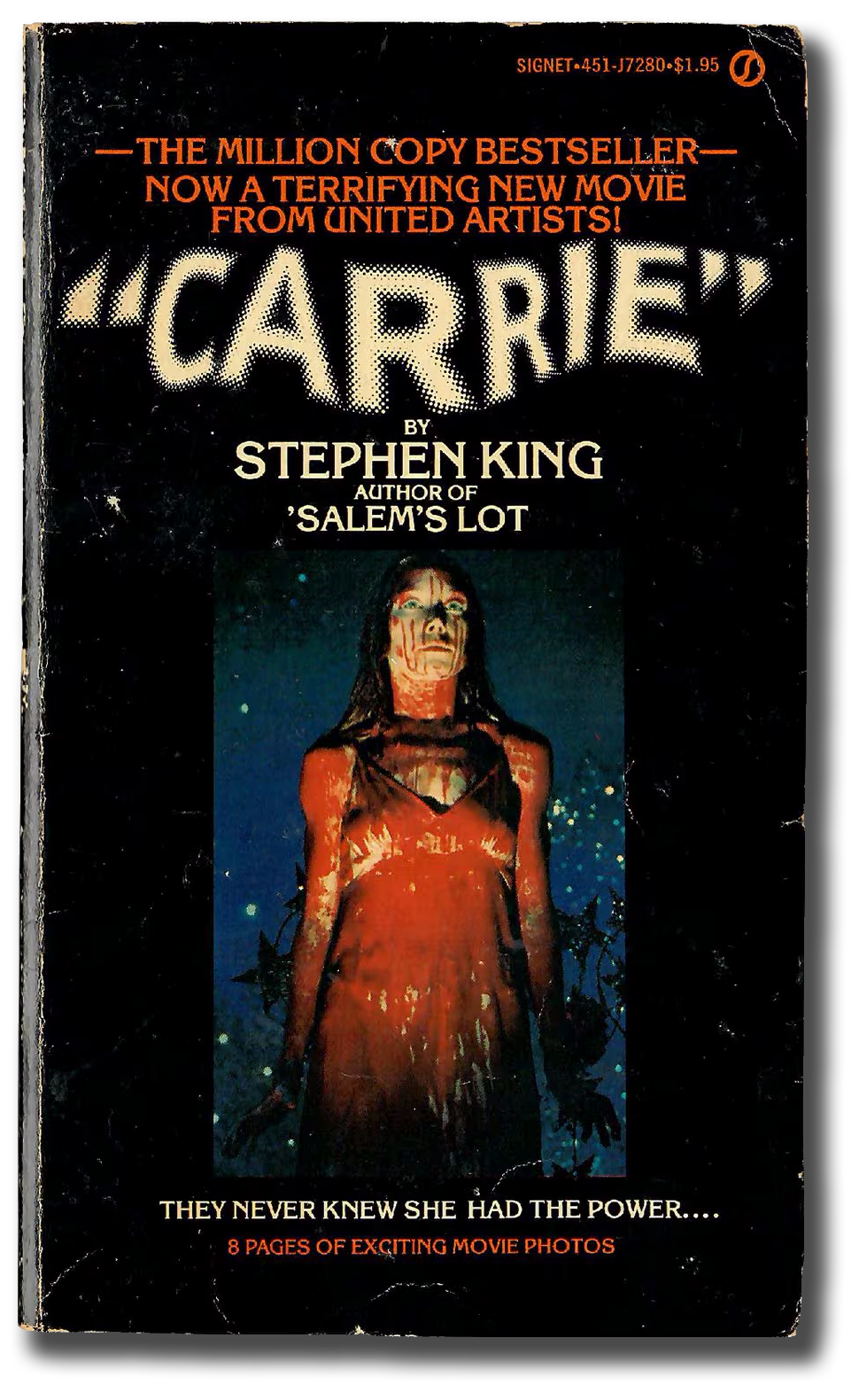
I don’t think you know what you’re writing about until you’re actually doing it. You say to yourself, “What’s this about?” I thought, to a degree, Carrie was about the empowerment of a girl who was standing up for herself. I was interested in the idea that Carrie would pull the house down. I just didn’t know what the house was when I started writing the book.
Stephen King
